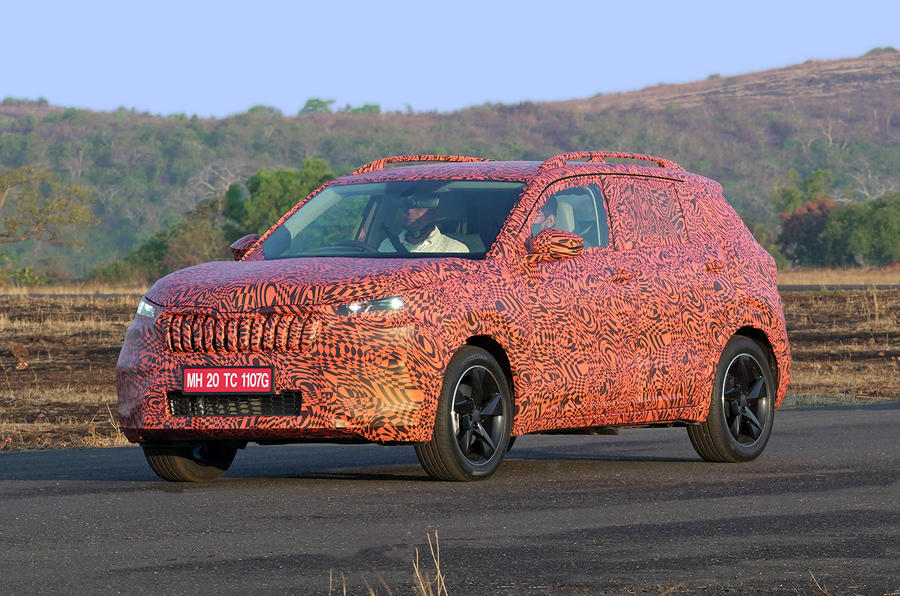Born with 93% local content, Skoda’s latest baby is more Indian than Czech. It has fittingly been given an Indian-sounding name, derived from the Sanskrit word for king or emperor.
For Skoda, the Kushaq is much more than just another SUV in its range. It’s the start of an all-new chapter in India, not just for the Czech brand but for the entire Volkswagen Group.
The Kushaq marks the fruition of the India 2.0 strategy, in which the Volkswagen Group tore up the rulebook, went back to the drawing board and put Skoda in charge of its operations in India.
It was a radical move that no doubt left some in Wolfsburg red-faced. But after a decade of trying to hack the ultra-low-margin Indian market, Volkswagen had finally given up and left the job to its Czech sibling brand, whose lower cost structure is more in sync with India's price-sensitive demands.
Besides, Volkswagen had bigger fires to put out in the aftermath of Dieselgate; India was proving to be a distraction in the larger scheme of things. At the same time, it didn’t want to give up on the world’s fourth-largest new car market, and the best option to stay in the game was to throw in its lot with Skoda.
The plan was simple. Volkswagen would focus on electrification for the Group, while Skoda was entrusted with developing a slew of affordable and low-cost products for both brands that would target emerging markets.
The Kushaq is the first India 2.0 product, and it has the entire weight of the Group riding on it. Expectations are sky-high from this all-new model that will set the standard for a range of made-for-India models (the Volkswagen Taigun will follow it in a few months).
Both the Kushaq and the Taigun will be acid tests of Skoda’s capability in delivering cars with the kind of values that Indian customers want.















Join the debate
Add your comment
If the car will be made in India, why not rename the manufacturer Skodak?